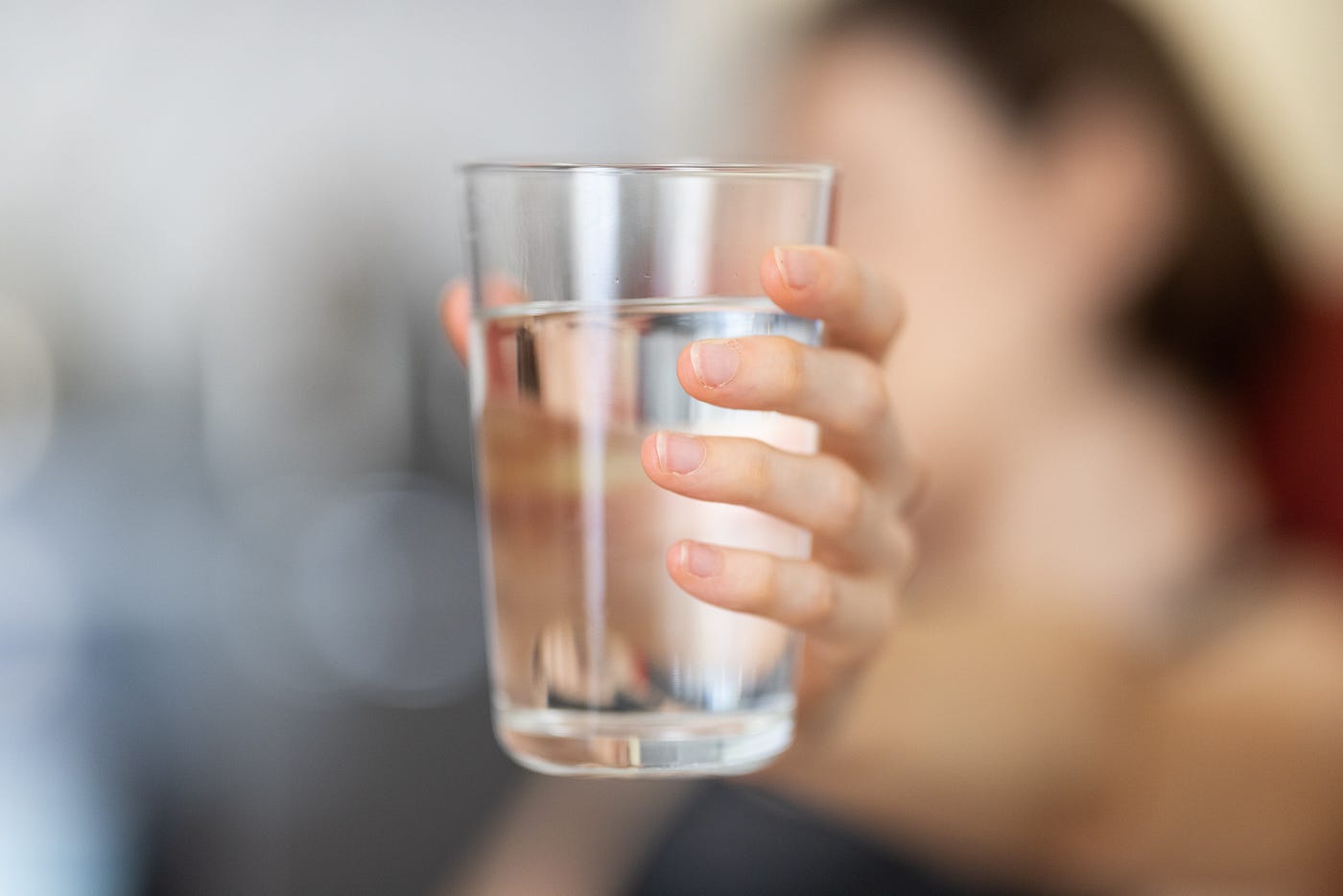Over-Hydration: Causes, Effects, and Prevention
At Access Health Care Physicians, LLC, we understand the importance of maintaining proper hydration for overall health and well-being. While hydration is crucial, it is possible to overhydrate, which can have negative effects on the body. In this blog post, we will explore the causes, effects, and prevention of over-hydration to help you maintain a healthy balance.
Understanding Over-Hydration
Over-hydration, also known as water intoxication or hyponatremia, occurs when there is an excessive intake of water that exceeds the body's ability to eliminate it. This leads to a dilution of electrolytes, particularly sodium, in the blood.
Causes of Over-Hydration
Several factors can contribute to over-hydration:
Excessive Water Intake: Consuming an excessive amount of water within a short period, especially without allowing the body to eliminate it naturally, can lead to over-hydration.
Fluid Retention: Certain medical conditions, such as kidney disorders or heart failure, can cause fluid retention, increasing the risk of over-hydration.
Excessive Sports Drink Consumption: Consuming large quantities of sports drinks that contain electrolytes without adequate fluid loss through sweating can contribute to over-hydration.
Effects of Over-Hydration
Over-hydration can disrupt the body's electrolyte balance, particularly the levels of sodium in the blood. This can lead to various effects, including:
Hyponatremia Symptoms: Symptoms of hyponatremia can range from mild to severe and may include headache, nausea, vomiting, confusion, seizures, and in severe cases, even coma or death.
Fluid Imbalance: Over-hydration can lead to an imbalance in fluid distribution within the body, affecting the function of various organs and systems.
Kidney Strain: The kidneys play a vital role in regulating fluid balance. Over-hydration can put excessive strain on the kidneys and affect their ability to function properly.
Prevention of Over-Hydration
Preventing over-hydration is crucial for maintaining optimal health. Here are some preventive measures:
Monitor Fluid Intake: Be mindful of your fluid intake and avoid excessive consumption, especially in a short period. Follow recommended guidelines for daily water intake.
Balance Electrolytes: When engaging in intense physical activity or prolonged sweating, ensure that you replenish electrolytes along with fluids. This can be done through balanced consumption of sports drinks or electrolyte-rich foods.
Listen to Your Body: Pay attention to your body's signals of thirst and hydration levels. Drink when you are thirsty and avoid drinking excessively when not necessary.
Consider Individual Needs: Factors such as age, activity level, climate, and medical conditions can influence fluid requirements. Consult with healthcare professionals to determine your individual hydration needs.
Conclusion
While staying hydrated is important, it is equally crucial to avoid over-hydration. By understanding the causes, effects, and preventive measures of over-hydration, you can maintain a healthy balance of fluid intake. At Access Health Care Physicians, LLC, we prioritize your well-being and encourage you to make informed choices about hydration for optimal health.
For more health-related tips and personalized guidance, please visit Access Health Care Physicians, LLC. Our team of healthcare professionals is dedicated to providing comprehensive care to address your health needs.
#FAQ
Q: What causes over-hydration?
A: Over-hydration can be caused by excessive water intake, fluid retention due to certain medical conditions, or excessive consumption of sports drinks without adequate fluid loss through sweating.
Q: What are the effects of over-hydration?
A: Over-hydration can lead to symptoms of hyponatremia, fluid imbalance in the body, and strain on the kidneys.
Q: How can over-hydration be prevented?
A: To prevent over-hydration, monitor fluid intake, balance electrolytes during intense physical activity, listen to your body's thirst signals, and consider individual factors that may influence fluid requirements.
For further inquiries or to consult with a healthcare providers, please contact Access Health Care Physicians, LLC through our website or reach out to our dedicated team.
.png)


Comments
Post a Comment